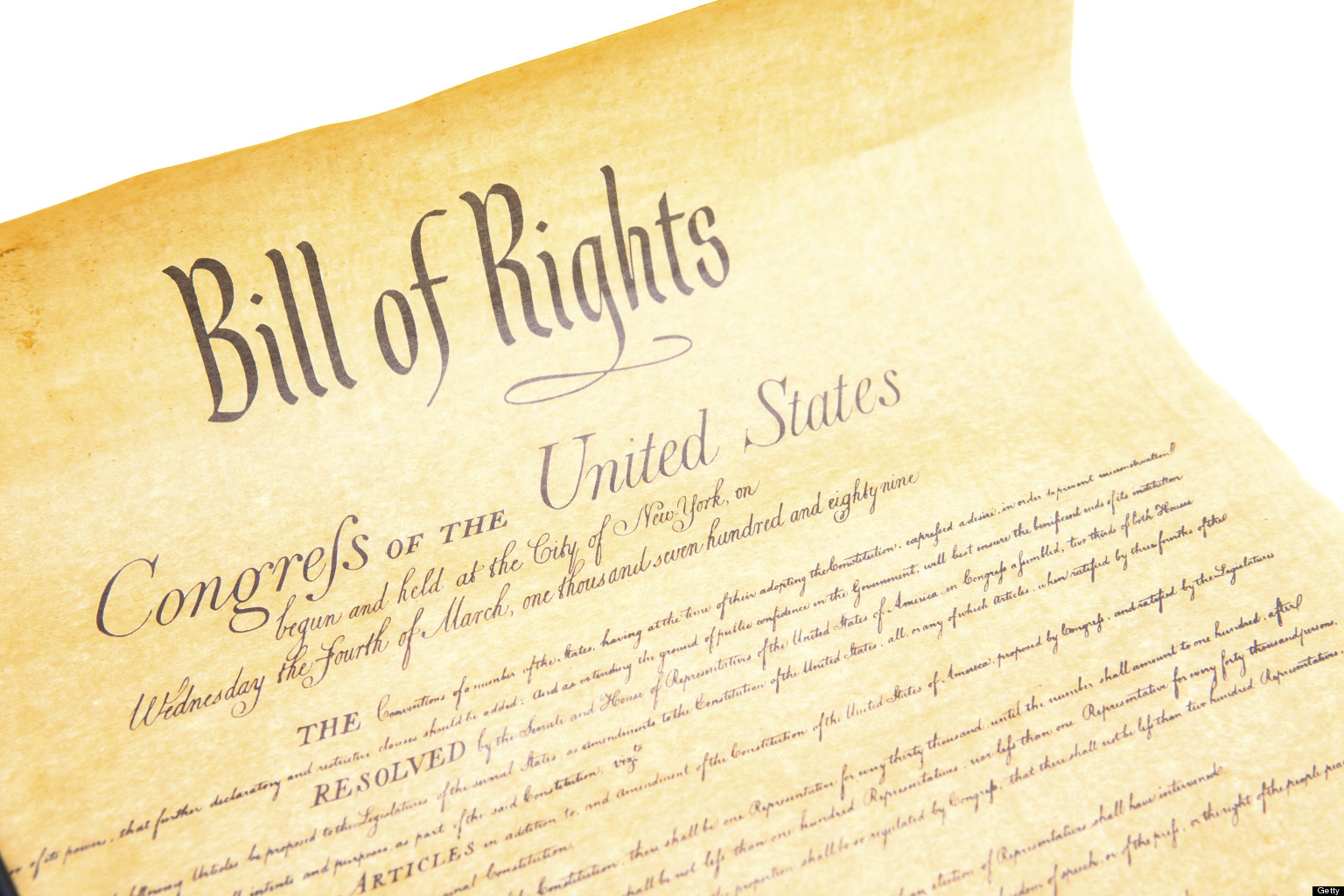Some of the main difference between unitary and federal types of governments are as follows:
(1) Distribution of Powers:
In a unitary government there is no constitutional division of powers between the centre and the states.
But in a federal government this division is a must.
(2) Constitutional Status:
In a unitary government constitutionally all powers rest with the centre. For administrative efficiency, the centre gives some powers to the provinces at its will.
The provinces act as agents of the centre and the latter acts like a master. In case there is a conflict between the two, the centre has the upper hand, because the provinces are under the centre and are not free from its control.
In a federal government the centre and the states have equal status. There is an agreement between the two and the conditions to that agreement are mentioned in the constitution. Neither of the two can unnecessarily interfere in each other’s affairs. Both have their own spheres of authority and they derive their powers from the constitution which is the supreme law of the land.
(3) Special Position of the Judiciary:
Supreme Court has a special status in a federation and it decides the disputes between the centre and the states. It interprets the constitution and also acts as its guardian. It keeps the centre and the states in their respective jurisdiction and it does not allow them to interfere in the others jurisdiction. In a unitary government, the position of the Supreme Court is not so important, because the central government decides mutual disputes at will.
(4) Citizenship:
In a unitary government there is single citizenship, but generally in a federal government there is dual citizenship. It can be seen in the United States where an adult is a citizen of his own state as well as of the Centre. Similar was the position in the Soviet Union. An adult in U.S.S.R. is the citizen of his own state as well as of the Soviet Union. This is not so in India where there is sing citizenship which makes our constitution a unitary one.

Image Source: newsamericasnow.com/wp-content/uploads/2014/01/CARIBBEAN-ISLANDS-SELL-CITIZENSHIP-facebook.jpg
(5) Law:
In a federal government a citizen has to follow double laws, i.e., the laws of his state and the laws of the centre. But in a unitary government, he has to follow the laws of one authority only. We can take the example of India where every citizen has to follow the laws of his own state as well of the Centre. But in England and France, where there is a unitary government, the citizen has to follow one type of laws only, because there is no separate legislature in the provinces.
(6) Dual and Single Polity:
In a federal government, there are separate cabinets and legislatures in the centre and in the provinces just as in India, the United States of America, Canada and Soviet Union. But in a unitary government there is only one legislature and cabinet for the whole country just as in England, France, Japan, Holland, Belgium, Sweden and Norway.
(7) Amendments in the Constitution:
In a federal government, the amendment process of the constitution is very rigid and for this a special procedure is followed, as for example in India, the United States of America, etc. but in a unitary government the Parliament has the right to amend the constitution and for this purpose a simple procedure is followed as in England, France and Italy.
(8) Alteration in the boundaries of the States:
Generally in a federal government, the Centre has no right to make any alteration in the boundaries of the states without the latter’s consent. This rule is rigidly followed in the U.S.A. and the U.S.S.R. In India, though the Parliament has the right to alter the boundaries of the states yet, formal approval of the President as well as the opinion of the states concerned is essential. In a unitary government the Parliament has the absolute right of altering the boundaries of the states.






